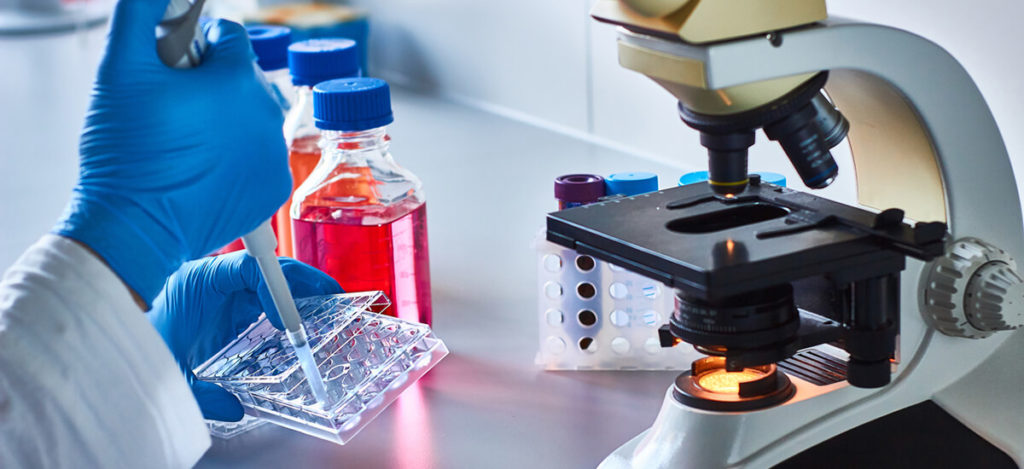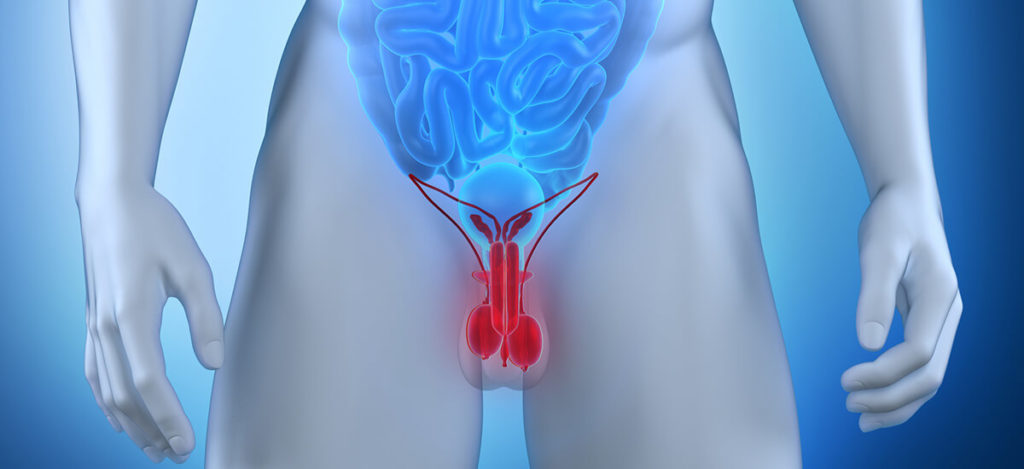RATIONALE: A diet that is low in fat and/or high in flaxseed may slow or prevent disease progression of prostate cancer.
RATIONALE: A diet that is low in fat and/or high in flaxseed may slow or prevent disease progression of prostate cancer.PURPOSE: Randomizedphase II trial to study the effectiveness of a diet that is low in fat and/or high in flaxseed in slowing or preventing disease progression in patients who have newly diagnosed prostate cancer. Condition: – stage I prostate cancer- stage II prostate cancer- stage III prostate cancer Study Type: InterventionalStudy Design: Prevention Official Title: Phase II Randomized Prevention Study of Fat- and/or Flaxseed-Modified Diets in Patients With Newly Diagnosed Prostate CancerFurther Study Details: OBJECTIVES:Compare tumor proliferation in patients with newly diagnosed prostate cancer eating fat- and/or flaxseed-modified diets. Compare differences in histopathological markers associated with prostate cancer (rates of apoptosis, extent of high-grade prostatic intraepithelial neoplasia) among patients in these diet groups. Compare changes in serum prostate specific antigen among patients in these diet groups. Compare changes in hormone-related factors (total serum testosterone and free androgen index, insulin-like growth factor [IGF], and IGF-binding protein-3) among patients in these diet groups. Compare the effects of diet on nutritional biomarkers (levels of lignans in the urine and ejaculate, fatty acid profiles of erythrocytes and prostatic tissue) in these patients. Determine associations between dietary modification and changes in dietary biomarkers, hormonal intermediates, and study endpoints in these patients. OUTLINE: This is a randomized study. Patients are stratified according to Gleason score (less than 7 vs at least 7) and race (black vs non-black). Patients are randomized to 1 of 4 diet groups. Arm I (Flaxseed-supplemented diet): Patients are instructed to incorporate ground flaxseed into their daily diets. Arm II (Low-fat diet): Patients are instructed on ways to achieve a diet with no greater than 20% of total energy from dietary fat. Arm III (Flaxseed-supplemented, low-fat diet): Patients are instructed as in arm I and arm II. Arm IV (Control diet): Patients are contacted weekly, but do not receive dietary counseling until after surgery. All patients ingest the diets for at least 3 weeks and complete diet diaries until surgery. After surgery, all patients receive dietary counseling. PROJECTED ACCRUAL: A total of 160 patients (40 per treatment arm) will be accrued for this study. Eligibility Ages Eligible for Study: 18 Years and above, Genders Eligible for Study: Both Criteria DISEASE CHARACTERISTICS:Histologically confirmed prostate cancer At least 3 weeks until planned prostatectomy (24 days between day 1 visit and surgery) Current diet that provides more than 30% of calories from fat PATIENT CHARACTERISTICS: Age18 and over Performance statusNot specified Life expectancyNot specified HematopoieticNot specified HepaticNot specified RenalNot specified OtherMentally competent Able to speak and write English Must have telephone access PRIOR CONCURRENT THERAPY: Biologic therapyNot specified ChemotherapyNot specified Endocrine therapyNo concurrent hormonal therapy RadiotherapyNot specified SurgeryAt least 2 weeks since prior prostate biopsy OtherAt least 7 days since prior antibiotics No prior therapy for prostate cancer No concurrent dietary supplements initiated within the past 3 months or anticipated to begin during study No other concurrent neoadjuvant therapies No other concurrent flaxseed consumption [1] Dean E. Brenner, MD, Study Chair, University of Michigan Comprehensive Cancer Center
All content and media on the HealthEngine Blog is created and published online for informational purposes only. It is not intended to be a substitute for professional medical advice and should not be relied on as health or personal advice. Always seek the guidance of your doctor or other qualified health professional with any questions you may have regarding your health or a medical condition. Never disregard the advice of a medical professional, or delay in seeking it because of something you have read on this Website. If you think you may have a medical emergency, call your doctor, go to the nearest hospital emergency department, or call the emergency services immediately.







